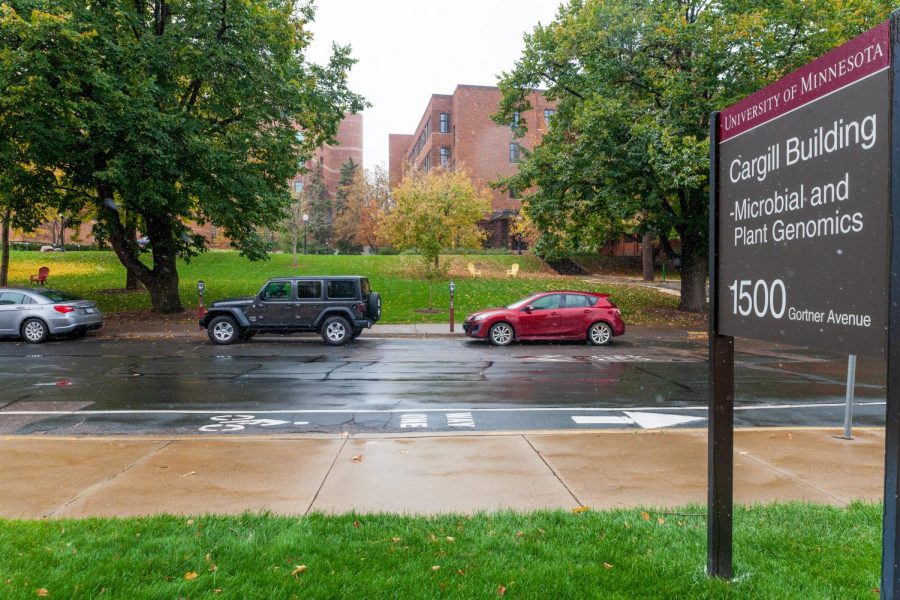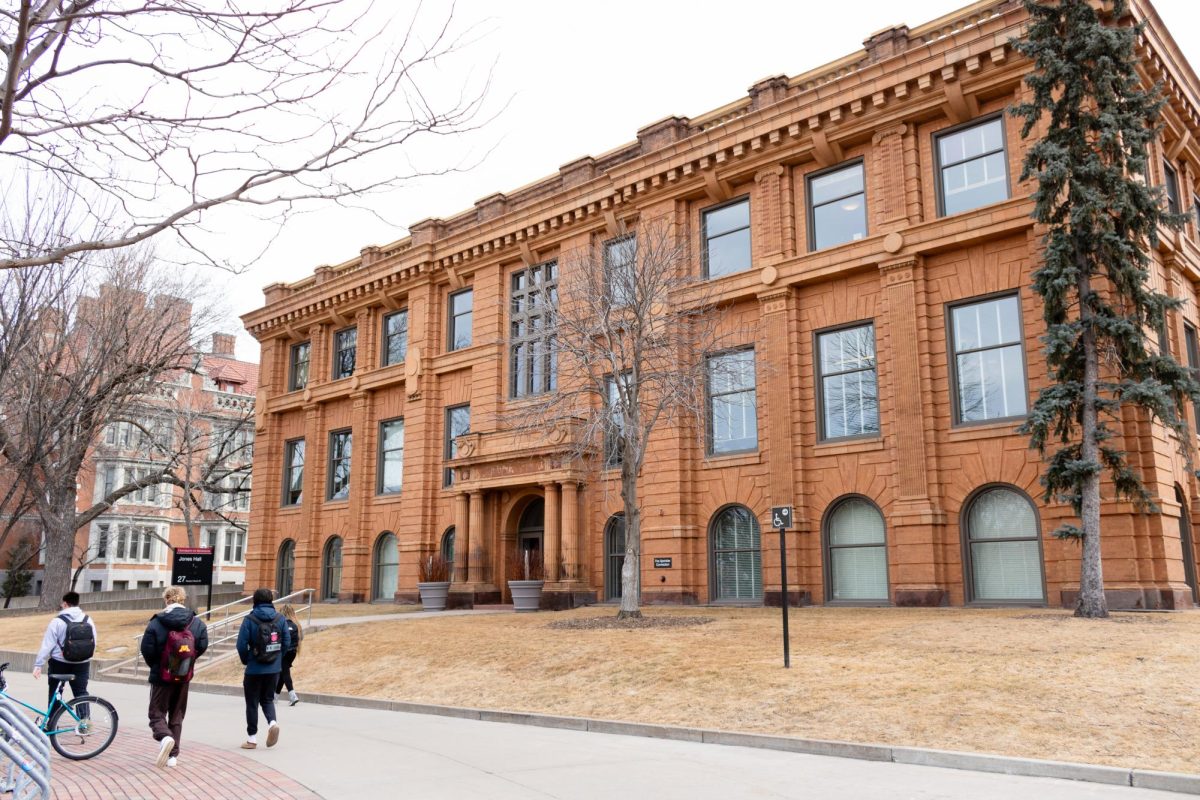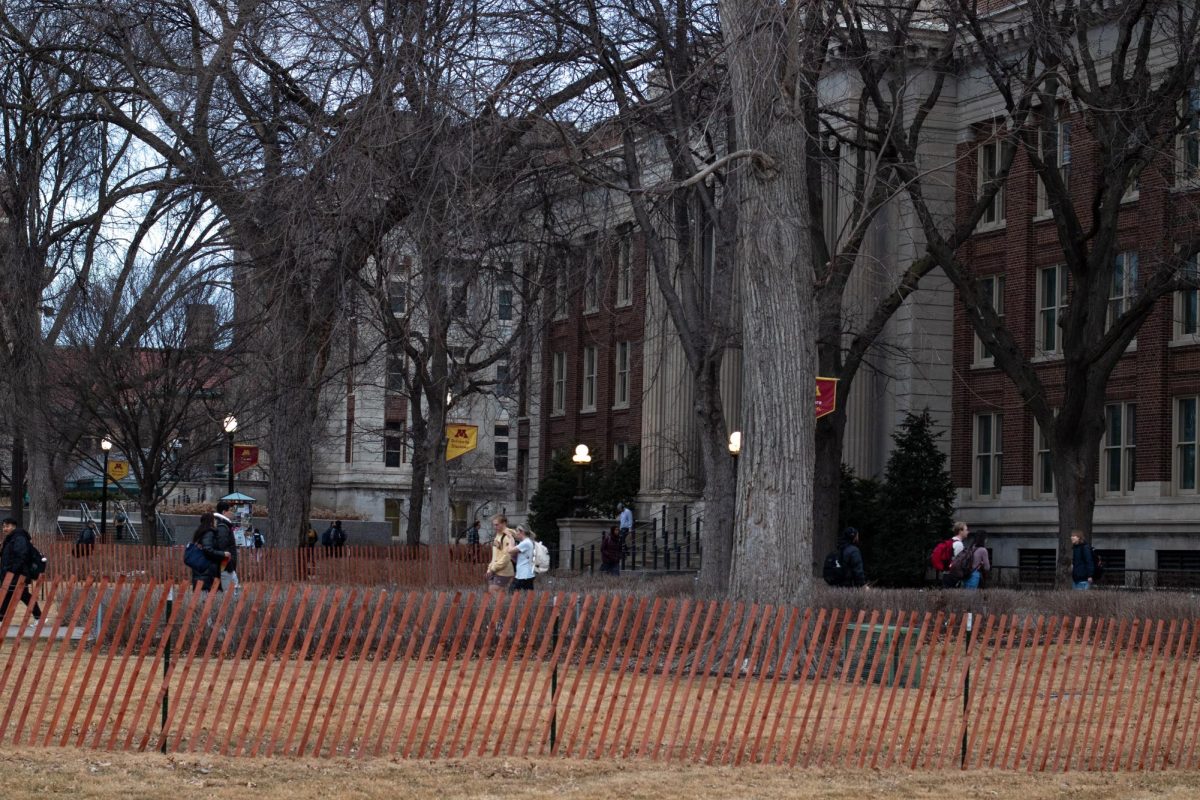In a special meeting Friday, the Board of Regents approved building lease agreements and an employment contract as a next step in advancing the University of Minnesota’s partnership with bioindustrial manufacturing organization BioMADE.
The board also reviewed the financial aspects of the partnership and considered the potential strain the University’s collaboration with BioMADE and the U.S. Department of Defense could place on operating budgets. The partnership with BioMADE was initially approved by the board in October.
“BioMADE will establish Minnesota as the central hub for the growing bio-based economy,” said University President Joan Gabel at the meeting. “Which, according to a recent national academy’s report, is thriving at $1 trillion annually today.”
The partnership includes building a new Manufacturing Innovation Institute located on the St. Paul campus. The new space will aim to grow the bioindustrial manufacturing industry by connecting organizations with research resources and through the creation of jobs within the industry, Vice President for Research Chris Cramer said at the meeting.
“I really expect this to catalyze our state and our region’s economy,” Cramer said. “We would expect certainly that this will create jobs within the Twin Cities and within the greater state of Minnesota.”
One reason the new building will be a good fit is because the University’s existing Biotechnology Research Center (BRC) has been successful during its 35 years of existence, said Valery Forbes, dean of the College of Biological Sciences, at the meeting.
“If you think about our BRC and BioMADE, they do more or less the same thing — just at different scales,” she said.
The board agreed to allow the University to hire new employees and utilize current employees to complete work for BioMADE. Though these employees will be hired and paid by the University, they will be managed by BioMADE.
Forbes said the University is anticipating hiring or transferring approximately 20 individuals to work for BioMADE in administrative and technical roles. This number is expected to increase in future years.
The board also approved two lease agreements that outline the building space for the BioMADE facility. A new 83,000 square foot Microbial Cell Production Facility (MCPF) on the St. Paul campus will house BioMADE in the future. Until then, BioMADE will operate out of the Cargill Building.
Associate Vice President and Assistant Chief Financial Officer Mike Volna discussed the financial risks of the University’s partnership with BioMADE and the Department of Defense at the meeting. Risks include the long-term financial commitment to the collaboration and building a new facility, as well as operational costs.
“This arrangement does require some incremental increases in operating costs … which could put pressure on budgets,” Volna said at the meeting.
In projections presented at the meeting, Volna reported that the net cash flowing to the University as a result of the partnership with BioMADE will amount to approximately $270,000 in the initial five-year period.
The vendor agreement between BioMADE and the University that originally designated a small financial award to the University also changed recently. The University will no longer receive this award in order to maintain BioMADE’s independence as an organization.
“It was further agreed that this change in model would be made in a way that was approximately financially neutral to the University,” Forbes said at the meeting.
The board’s next meeting is scheduled for Feb. 11 and 12.



















